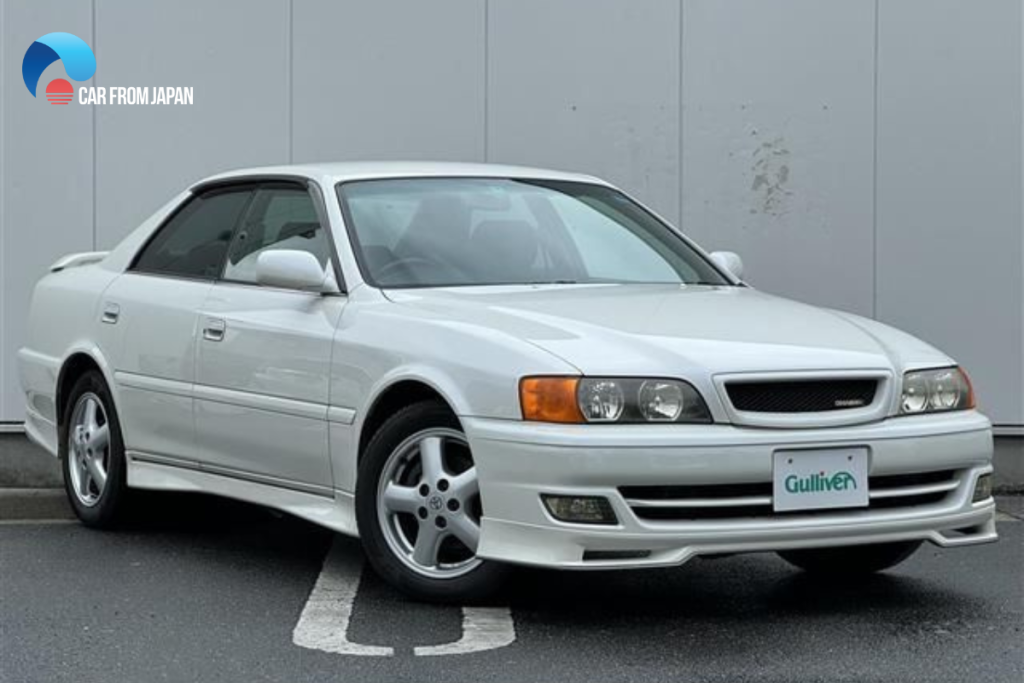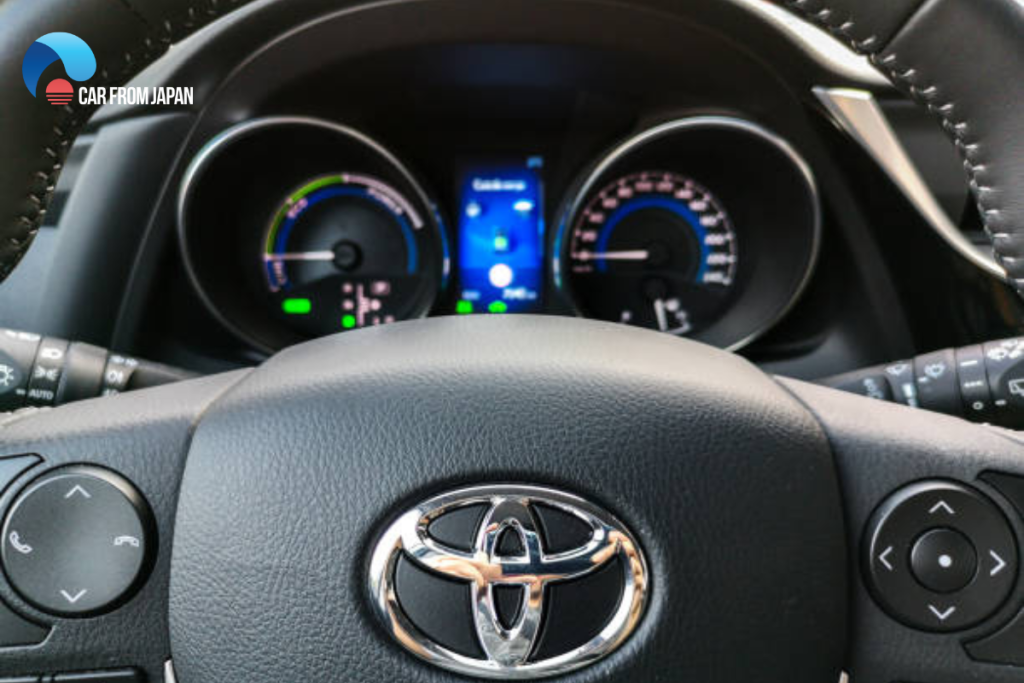Buying a used Toyota can be a smart decision thanks to Toyota’s reputation for reliability and strong resale value. These cars are popular worldwide for their longevity, often running for hundreds of thousands of kilometers (or miles) with proper care. However, even the most dependable vehicle needs a thorough check before you commit.
This guide provides practical tips on what to look for, from basic maintenance items to major red flags. Most of the advice is easy for any driver to follow, with a few deeper insights that even car enthusiasts will appreciate.
Contents
Check the Mechanical Basics
Even a reliable Toyota should undergo a solid mechanical inspection:
- Under the hood: Look for any fluid leaks or odd smells. Check the oil level and condition (clean oil is a good sign). Also glance at belts and hoses to ensure none are cracked or brittle.
- Engine & transmission: Start the car and listen at idle; it should run smoothly without unusual noises. During a test drive, the engine should accelerate confidently, and the transmission should shift smoothly without jerks.
- Brakes: Test the brakes at various speeds. The car should stop straight and promptly. Squealing or grinding noises, or a soft brake pedal, could mean brake wear or issues.
- Steering & suspension: While driving, the steering should not pull to one side, and there shouldn’t be strong vibrations. Go over a bump – there should be no loud clunks or excessive bouncing. Strange noises or handling quirks might indicate worn shocks, bushings, or alignment problems.

If you’re not confident in spotting issues, consider having a mechanic do a pre-purchase inspection.
Review Service History and Mileage
Ask for the vehicle’s service history. Regular maintenance (like oil changes, filter replacements, and tune-ups) is key to a long-lasting Toyota. A stack of maintenance records showing timely service is a great sign. Check that major services were done as recommended – for example, timing belt changes on older models or any recall repairs.
Don’t be too afraid of mileage. A well-maintained high-mileage Toyota can be more reliable than a low-mileage one that was neglected. Still, extremely high mileage will eventually mean some parts (like suspension components or the clutch) might be nearing replacement. Make sure the odometer reading makes sense for the car’s age and wear. Unusually low mileage on a very old car, or inconsistent mileage records, could hint at odometer tampering. When in doubt, remember that maintenance and overall condition matter more than just the mileage.
Inspect the Exterior and Interior
The car’s appearance can tell you a lot about its history and care:
- Body and tires: Walk around and examine the body panels for dents, deep scratches, or rust spots. Mismatched paint or misaligned panels can indicate past accident repairs. Also, ensure all lights and signals work and the windows are intact. Check the tires for good tread depth and even wear across each tire – uneven tire wear might point to alignment or suspension issues.
- Interior and electronics: Peek inside and check the condition of the seats, dashboard, and carpets. Normal wear is fine, but heavy stains, tears, or broken trim pieces may show neglect. Test all the electronics and features: the air conditioning should blow cold, the heater should work, and the power windows, locks, and the infotainment system should function properly. Pay attention to any warning lights on the dashboard as well.
- Odor and moisture: Take a sniff – the interior should not smell moldy or damp. If you detect a musty odor or see water stains and rust under the mats or in the trunk, there could be a leak or past water damage. Also, be wary if it smells excessively like air freshener, which might be covering up an odor.

Verify Original Parts and Quality Repairs
It’s important to find out if the car has been maintained with original autoparts for Toyota or high-quality equivalents. Using Toyota genuine parts for replacements (brakes, filters, spark plugs, etc.) helps ensure the vehicle stays reliable. Ask the seller if they used Toyota OEM parts for major repairs or maintenance. If the car was serviced at an authorized Toyota center, that’s a good indicator, since they typically use genuine parts.
Cheap or mismatched parts under the hood can be a red flag. For example, a poorly fitted aftermarket radiator or non-standard electrical components might indicate that someone cut corners on repairs. Toyota parts are widely available, so there’s usually little reason to use subpar substitutes. A used Toyota that has been kept mostly original and serviced with proper parts is likely to give you fewer troubles down the road.
Red Flags to Watch Out For
Keep an eye out for these major red flags when evaluating a used Toyota:
- Major damage or flooding: Avoid cars with signs of flood damage or severe accidents. Musty odors, mildew, or mud under the carpets are clues of flooding – flood-damaged cars often have chronic electrical and mechanical problems. Likewise, if body panels don’t line up or there’s patchy paintwork, the car might have been in a serious crash. Such issues can lead to endless headaches, so it’s usually best to walk away.
- Over-modification or cheap fixes: Be cautious if the car has been heavily modified or shows evidence of cheap repairs. An example is an overly lowered or “tuned” Toyota with aftermarket parts installed in a shoddy way. Extensive modifications, especially by amateur mechanics, can hurt reliability and safety. Similarly, if you spot many non-OEM parts in critical areas (engine or suspension components that don’t look stock), it suggests the previous owner might have cut corners. A mostly stock vehicle with proper parts tends to be a safer bet.
In short, doing your homework on a used Toyota will pay off. As an extra step, you can also use a premium service to further investigate the history of the vehicle by VIN number. With Toyota’s solid engineering and a thorough inspection, you can confidently enjoy your purchase for many miles to come.



